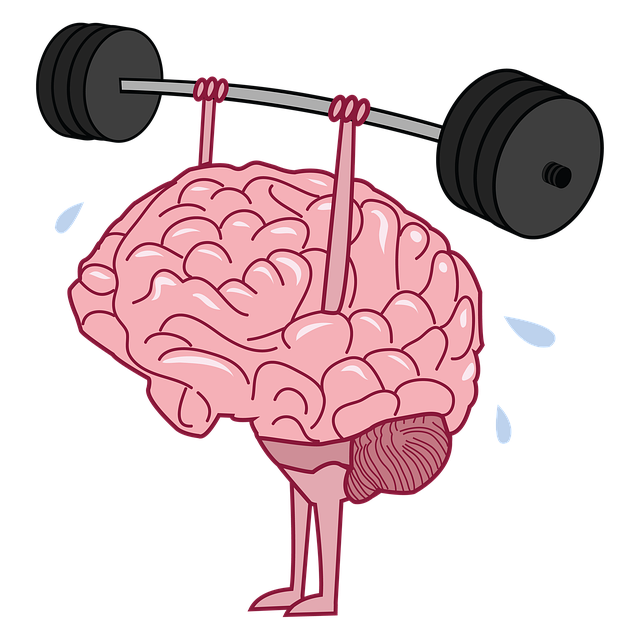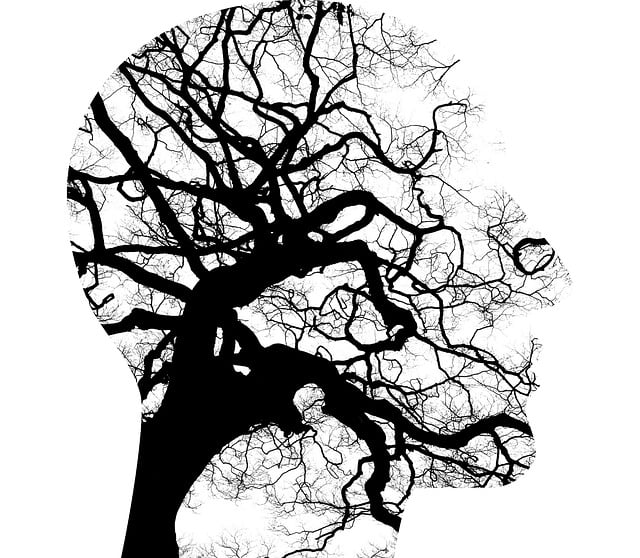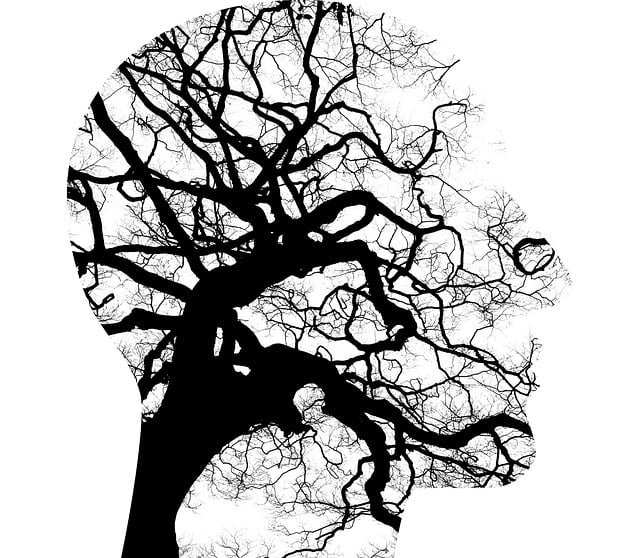Castle Rock Domestic Violence Therapy focuses on holistic mental wellness, creating safe spaces for individuals to express emotions and disrupt trauma cycles. They offer tailored resources and support through their Community Outreach Program, mindfulness meditation techniques, and educational programs to reduce stigma and empower emotional well-being within communities. By fostering resilience and adaptive coping strategies, they enable clients to navigate challenges with strength, ultimately building stronger, more supportive environments.
Mental wellness is a cornerstone of overall well-being, and recognizing its importance is crucial. This article explores various aspects of promoting mental health, offering insights into understanding, identifying, and addressing distress signals effectively. We delve into therapeutic interventions, highlighting Castle Rock Domestic Violence Therapy’s innovative approaches in building resilience. Additionally, we emphasize the power of community support as a collaborative force for positive change, ensuring a safe haven for all.
- Understanding Mental Wellness: The Foundation of a Safe Haven
- Identifying Signs of Distress: Recognizing When to Seek Help
- Therapeutic Approaches: Building Resilience at Castle Rock Domestic Violence Therapy
- Fostering Community Support: A Collaborative Effort for Lasting Change
Understanding Mental Wellness: The Foundation of a Safe Haven

Understanding Mental wellness involves recognizing that it is a cornerstone of overall well-being, essential for navigating life’s challenges and thriving in our communities. At Castle Rock Domestic Violence Therapy, we believe that fostering healthy mental states begins with creating safe spaces where individuals feel empowered to explore and express their emotions freely. This foundation is crucial for breaking cycles of trauma, abuse, or neglect that can negatively impact a person’s emotional healing processes.
Our Community Outreach Program Implementation focuses on reaching out to various sectors of society, offering educational resources, and Trauma Support Services tailored to address unique needs. By integrating these initiatives, we strive to create an environment where everyone feels supported in their pursuit of mental wellness, ultimately fostering stronger, more resilient communities.
Identifying Signs of Distress: Recognizing When to Seek Help

Recognizing signs of distress is a crucial step in promoting mental wellness and seeking appropriate help. Individuals often display varying symptoms when they’re struggling, and it’s essential to be aware of these indicators. Common signs can include persistent feelings of sadness, anxiety, or anger; significant changes in appetite or sleep patterns; withdrawal from social activities; and difficulty concentrating. These may point towards underlying issues such as depression, anxiety disorders, or even more severe conditions that require professional intervention.
Castle Rock Domestic Violence Therapy offers valuable resources for those experiencing emotional turmoil. They provide a safe space to discuss challenges and develop coping strategies. Incorporating practices like mindfulness meditation and self-awareness exercises can significantly aid in managing stress and fostering mental resilience. Additionally, Mindfulness Meditation techniques have been proven effective in reducing the impact of Mental Illness Stigma Reduction Efforts, encouraging individuals to prioritize their mental health without fear of judgment.
Therapeutic Approaches: Building Resilience at Castle Rock Domestic Violence Therapy

At Castle Rock Domestic Violence Therapy, we recognize that promoting mental wellness involves more than just addressing symptoms; it’s about fostering resilience and empowering individuals to navigate life’s challenges with strength and adaptability. Our therapeutic approaches are meticulously designed to build a solid foundation of resilience, equipping clients with effective coping strategies and enhancing their overall well-being.
Through a combination of evidence-based practices and tailored support, our therapists guide individuals through the process of healing and growth. We offer crisis intervention guidance, helping people manage acute stress and anxiety relief, ensuring they have the tools to cope during challenging times. Additionally, we implement Mental Health Education Programs designed to promote self-awareness, enhance coping mechanisms, and foster a deeper understanding of mental health, ultimately enabling clients to take charge of their emotional well-being.
Fostering Community Support: A Collaborative Effort for Lasting Change

In promoting mental wellness, fostering community support is a collaborative effort that holds the key to lasting change. Castle Rock Domestic Violence Therapy recognizes that breaking down the barriers of mental illness stigma requires collective action. By engaging local communities, schools, and organizations, therapy services can expand their reach and impact, ensuring that emotional regulation skills and crisis intervention guidance become an integral part of everyone’s toolkit.
Collaborative efforts aim to create a supportive environment where individuals feel comfortable seeking help without fear of judgment or discrimination. This approach not only promotes open dialogue about mental health but also empowers communities to take proactive measures in supporting one another. Through partnerships, workshops, and awareness campaigns, Castle Rock Domestic Violence Therapy strives to reduce stigma associated with mental illness while fostering empathy and understanding across the spectrum of emotional challenges.
Mental wellness promotion is a collaborative effort that requires understanding, early identification of distress signs, and access to effective therapeutic approaches. Organizations like Castle Rock Domestic Violence Therapy play a vital role in building resilience through specialized services. By fostering community support, we can create a safer, more supportive environment for everyone’s mental health. Together, we can revolutionize the way we address and prevent mental health issues at the grassroots level.














